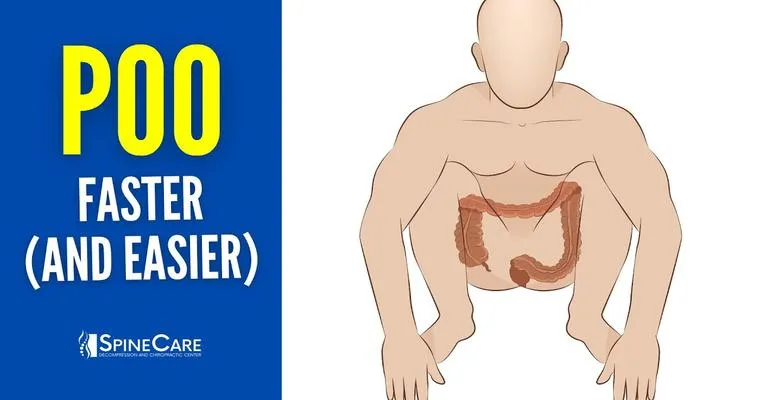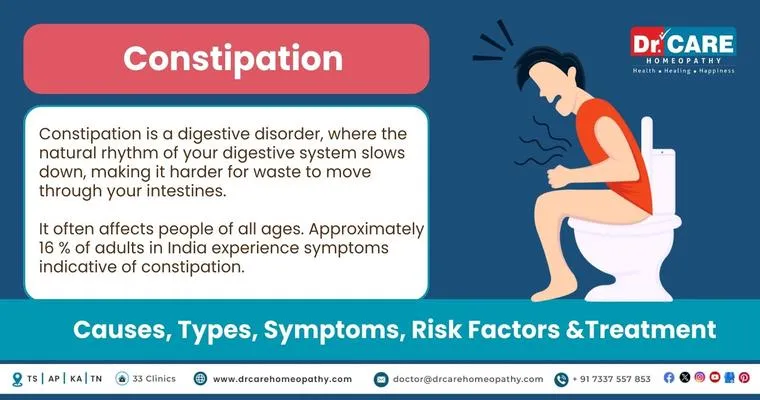Dealing with "constipation" in a loved one, especially someone with "Parkinson's Disease (PD)" dementia, can be incredibly challenging. You may have started with good intentions, administering "stool softeners" to relieve their discomfort, only to find yourself facing an entirely different issue. If you are experiencing the frustration of your husband having uncontrollable bowel movements, you are not alone. Many caregivers find themselves in similar situations, so understanding how to manage this issue is crucial.
Understanding the Impact of Parkinson's Disease Dementia on Digestive Health
Parkinson's Disease can significantly affect the digestive system. The neurological changes associated with PD dementia often lead to "gastrointestinal issues", including constipation. Medications and lifestyle changes can help manage these symptoms, but they can sometimes lead to unexpected consequences, such as excessive bowel movements.
The Role of Stool Softeners
Stool softeners are often recommended to help alleviate constipation. They work by increasing the amount of water in the stool, making it easier to pass. However, if not monitored carefully, these medications can lead to overactive bowel movements. As a caregiver, it's essential to understand the correct dosage and timing of these medications to prevent side effects.
Strategies for Managing Excessive Bowel Movements
If your husband is experiencing frequent, uncontrollable bowel movements after using stool softeners, consider implementing the following strategies:
1. "Consult with a Healthcare Provider": Before making any changes, consult with your husband’s doctor. They can evaluate his condition and adjust his medication if necessary.
2. "Monitor Dietary Intake": Sometimes, diet can play a significant role in bowel health. Ensure he is getting a balanced diet rich in fiber, but be cautious about the timing and amount of fiber to avoid aggravating the situation.
3. "Adjust Medication": If stool softeners are contributing to the problem, the doctor may suggest a different medication. Alternatives like dietary changes or other forms of constipation relief could be more appropriate.
4. "Hydration": Encourage your husband to drink plenty of fluids. Proper hydration can help regulate bowel movements and prevent both constipation and diarrhea.
5. "Set a Routine": Establish a regular bathroom routine, which can help create a sense of predictability for your husband. This could involve scheduled bathroom breaks to reduce anxiety around bowel movements.
6. "Keep Calm": Managing incontinence can be stressful for both you and your husband. Maintaining a calm environment can help ease anxiety and make the situation more manageable.
Emotional Support for Caregivers
Caring for someone with PD dementia can be overwhelming, especially when faced with additional challenges like incontinence. It is important to seek support, whether through caregiver groups, online forums, or professional counseling. Sharing experiences and coping strategies with others who understand can offer relief and new perspectives on your situation.
Conclusion
Navigating the complexities of "constipation" and subsequent "bowel issues" in a loved one with "Parkinson's Disease dementia" can be daunting. By staying informed and communicating with healthcare professionals, you can find a balance that works for both you and your husband. Remember, you are not alone in this journey, and there are resources available to help you manage these challenges effectively.





